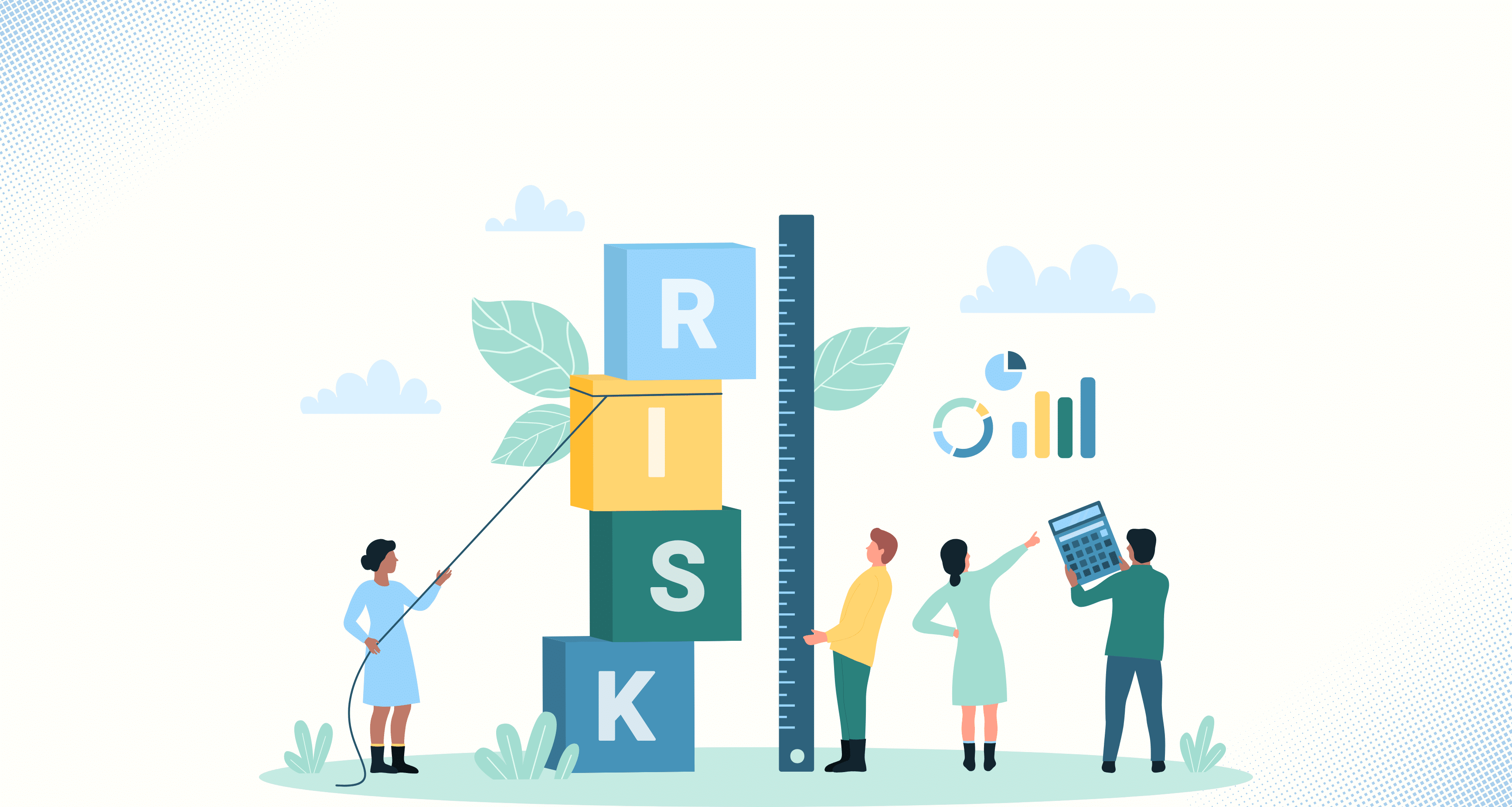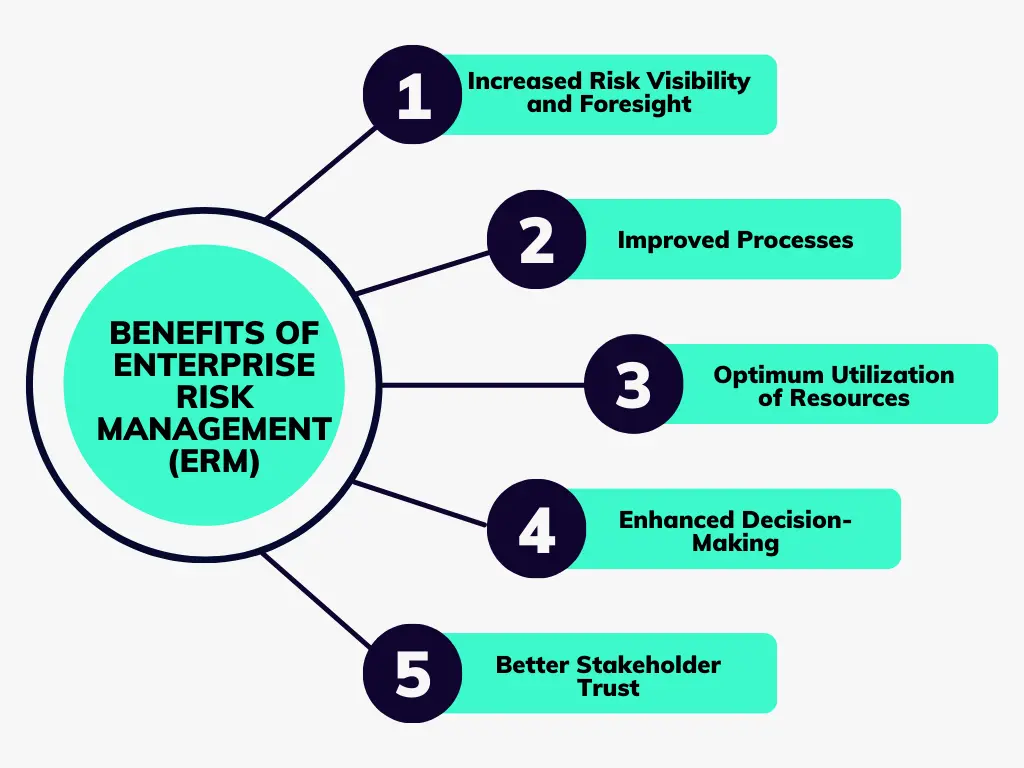Discover the Role of AI in Encouraging Ethics and Stability to Battle Insider Threats Properly
The integration of AI in organizational frameworks has actually come to be essential in addressing insider dangers. By utilizing innovative analytics and real-time surveillance, AI systems can determine deviations from moral actions amongst staff members (Insider threats). This aggressive strategy not only boosts compliance however likewise promotes an environment of trust fund. As firms significantly rely on these innovations, questions emerge concerning their efficiency and prospective effects for workplace culture. What exists in advance in the evolution of AI's role in promoting honesty?
Comprehending Insider Hazards and Their Influence on Organizations
Although companies often concentrate on external risks, expert dangers posture a substantial danger that can weaken safety and honesty. These dangers emerge from individuals within the organization, such as specialists or staff members, that may misuse their access to delicate info for individual gain or harmful intent. The effect of insider risks can be extreme, causing monetary losses, reputational damages, and lawful implications.
Elements contributing to insider risks include frustration with the office, lack of oversight, and poor worker training on protection methods. Organizations typically have a hard time to identify these threats, as they can be difficult to discover up until significant damage has actually taken place. Prevention strategies should focus on promoting a society of trust fund and accountability, along with applying robust tracking and reporting systems. By acknowledging and dealing with the intricacies of insider risks, companies can boost their protection pose and protect their important possessions from inner dangers.
The Advancement of AI in Workplace Protection
As organizations increasingly face varied protection obstacles, the assimilation of expert system (AI) in work environment security has actually evolved significantly. AI applications focused mostly on automating basic protection methods, such as access control and security. Improvements in equipment learning and information analytics have actually transformed AI into a positive device capable of recognizing potential threats and vulnerabilities in real-time.
Organizations now utilize AI-driven systems to assess vast quantities of data, enabling them to identify anomalous actions that may suggest insider threats. This development has brought about the growth of sophisticated formulas that can discover from historical events, improving the system's predictive capacities. Furthermore, AI devices are progressively utilized to enhance incident response procedures, enabling security teams to act quickly and properly.
Just How AI Monitors Staff Member Habits for Ethical Compliance
Synthetic knowledge plays a vital duty in checking staff member habits to assure moral conformity within organizations. AI systems analyze large quantities of data produced by workers, including interactions, transactions, and accessibility to delicate info. By using innovative algorithms, these systems can identify variances from developed moral criteria and firm policies.
Maker understanding models constantly adjust to acknowledge patterns of behavior that could suggest honest violations, such as unapproved information accessibility or unusual purchase tasks. Insider threats. Additionally, AI-driven devices can provide real-time alerts to monitoring, helping with prompt interventions when prospective threats are found
The combination of AI into conformity surveillance not just boosts the organization's ability to support stability but also fosters a society of accountability amongst staff members. By advertising openness, AI systems function as a deterrent versus underhanded habits, making sure that employees stay aligned with business values and moral requirements.
Analyzing Patterns: Recognizing Risky Habits With AI
A growing variety of organizations are leveraging AI to examine patterns that might show risky actions amongst staff members. By using innovative formulas, these systems can sift through large quantities of information, recognizing abnormalities in individual habits that could suggest possible expert hazards. For instance, AI can detect unusual accessibility patterns to sensitive details, such as employees accessing data outside their usual extent of work or throughout irregular hours. In addition, behavior analytics can highlight constant modifications in a staff member's communication design or partnership behaviors, which may represent underlying problems. This positive approach makes it possible for organizations to determine risk factors prior to they rise into considerable hazards. Consequently, the assimilation of AI right into keeping an eye on practices not only improves security however additionally promotes a society of responsibility and moral behavior. By determining these patterns, companies can much better recognize the behavior dynamics within their workforce, ultimately promoting a much safer and extra honest workplace.
Real-Time Insights: Immediate Responses to Prospective Dangers
Real-time insights through predictive analytics and automated sharp systems play a necessary role in attending to prospective threats to principles and honesty. By leveraging these technologies, organizations can expect high-risk actions and react promptly to alleviate dangers. This aggressive strategy boosts responsibility and fosters a society of stability in various settings.
Anticipating Analytics Applications

Automated Alert Equipments
Predictive analytics gives a foundation for companies to improve their responsiveness to moral problems via automated alert systems. These systems use real-time information to keep an eye on activities, spotting abnormalities that may indicate potential expert dangers. By leveraging artificial intelligence formulas, automated notifies can recognize patterns of habits that deviate from developed norms, enabling swift treatment. This immediacy is crucial in mitigating threats related to dishonest practices. Automated sharp systems can enhance communication amongst pertinent stakeholders, guaranteeing that prospective dangers are dealt with promptly and efficiently. As organizations progressively depend on AI-driven services, the integration of automated alert systems will play a pivotal duty in promoting a culture of values and integrity, inevitably securing business assets.
Promoting a Society of Depend On With AI-Driven Openness
AI-driven openness can substantially enhance count on within companies by advertising accountability and open communication. Through real-time monitoring options, stakeholders can get insights right into processes and decision-making, fostering a culture of stability. Data-driven decision-making better sustains this openness, enabling informed selections that line up with ethical criteria.
Enhancing Transparency and Accountability
Exactly how can organizations efficiently promote a society of depend on? By boosting transparency and liability via the see this here tactical use expert system. AI can assist organizations methodically track decision-making processes, guaranteeing that actions align with recognized ethical requirements. This transparency allows employees to see the reasoning behind plans and decisions, decreasing obscurity and promoting a sense of justness. Furthermore, AI-driven devices can assist in clear interaction relating to assumptions and obligations, encouraging individuals to take possession of their activities. As accountability becomes deep-rooted in the business society, employees are more most likely to participate in ethical habits, understanding their actions are kept track of and assessed. Ultimately, this approach grows a setting where trust fund can flourish, considerably mitigating the danger of insider risks.
Real-Time Surveillance Solutions
As companies significantly look for to promote a society of count on, real-time monitoring solutions become an essential tool in boosting transparency. These AI-driven systems continually track activities, supplying insights into user actions and prospective anomalies that may show insider dangers. By implementing such surveillance services, companies can proactively determine risks, making certain prompt reactions to questionable tasks. This not only safeguards sensitive information but additionally enhances a commitment to moral techniques. The transparent nature of real-time surveillance helps build worker confidence, as individuals are mindful that their activities are being observed for the better good. Ultimately, these services serve to grow a workplace environment based in trust fund, liability, and honest honesty, crucial for mitigating insider threats effectively.

Data-Driven Decision Making
Real-time monitoring options lay the groundwork for data-driven decision production, which substantially enhances organizational openness. By leveraging AI modern technologies, organizations can analyze substantial quantities of data to recognize abnormalities and patterns a sign of prospective expert dangers. This logical strategy makes it possible for stakeholders to make enlightened choices based in empirical proof, promoting a culture of trust fund amongst staff members. Transparency in decision-making procedures, strengthened by AI-driven understandings, encourages liability and ethical actions. In addition, it allows organizations to proactively deal with susceptabilities, making sure that actions taken are warranted and interacted plainly. Because of this, the implementation of data-driven approaches not only mitigates threats related to expert dangers but additionally strengthens the worths of honesty and moral conduct within the organizational structure.
Future Fads: The Duty of AI in Enhancing Work Environment Ethics
While companies increasingly turn to synthetic knowledge for functional efficiency, the potential of AI to enhance office values is gaining importance. Future fads indicate that AI will play a necessary function in establishing ethical structures and guidelines, permitting organizations to navigate complicated moral issues. By examining vast quantities of information, AI can determine patterns of unethical habits and provide understandings that advertise transparency and liability.
Additionally, AI-driven tools can help with real-time tracking of employee interactions, ensuring adherence to moral requirements. This aggressive approach not only alleviates expert threats yet likewise cultivates a culture of stability. As companies embrace AI modern technologies, they have to also focus on moral programming and algorithmic predisposition decrease to guarantee fairness.
In this developing landscape, the combination of AI in honest methods represents a transformative change, promoting an atmosphere where stability is not just anticipated but systematically enhanced.
Frequently Asked Concerns
Exactly How Does AI Differentiate In Between Benign and Malicious Actions?
AI sets apart between benign and malicious activities by assessing patterns in individual actions, utilizing artificial intelligence algorithms to determine anomalies, and assessing contextual data to figure out whether actions line up with recognized standards or exhibit possible hazards.
Can AI Devices Replace Person Judgment in Moral Decision-Making?
AI devices can not totally replace human judgment in honest decision-making. While they can analyze data and identify patterns, the nuanced understanding of context, worths, and ethical implications still needs human insight and discernment.
What Are the Privacy Ramifications of AI Keeping Track Of Employee Habits?

Exactly How Can Organizations Make Certain AI Algorithms Are Morally Designed?
Organizations can ensure AI formulas are click here for more ethically designed by carrying out transparent growth procedures, entailing diverse stakeholders, carrying out normal audits, and adhering to recognized honest frameworks that prioritize justness, accountability, and respect for individual privacy and civil liberties.
What Training Is Required for Personnel to Recognize Ai's Ethical Role?
Team training ought to incorporate foundational AI principles, information privacy, and predisposition awareness. Workshops, study, and interactive sessions can enhance understanding, making sure staff members identify AI's honest ramifications and its duty in promoting stability within the company.
Man-made intelligence plays a necessary duty in monitoring employee behavior to assure moral compliance within companies. The assimilation of AI into keeping track of practices not only improves security however likewise fosters a society of responsibility and moral actions. While companies increasingly encounter moral predicaments and possible integrity violations, anticipating analytics applications offer timely understandings that can assist mitigate these threats. Anticipating analytics provides a foundation for companies to boost their responsiveness to moral concerns via automated alert systems. Future trends show that AI will play a necessary duty in establishing ethical frameworks and guidelines, permitting organizations to browse intricate moral issues.